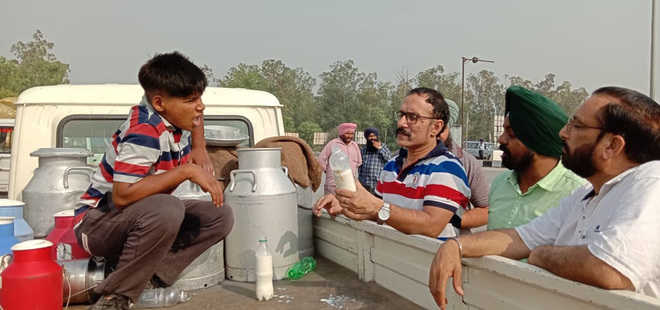Common cause: Access to safe food is key to sustaining life and promoting good health.
An estimated 600 million cases of food-borne diseases occur annually around the world
“Food safety is everyone’s business,’’ says the World Health Organisation (WHO) which has released figures that estimate 600 million cases of food-borne diseases occur annually worldwide. This translates into one in 10 people falling ill after eating contaminated food.
“Food safety is an increasing threat to human health. Children under 5 years of age carry 40% of the food-borne disease burden with 1,25,000 deaths every year,’’ said WHO.
A note issued by the organisation said the first-ever World Food Safety Day was adopted by the U.N. General Assembly in December 2018 and this year it would be celebrated on June 7 with the Food and Agriculture Organization (FAO) facilitating member-States’ effort to celebrate it.
“Access to sufficient amounts of safe and nutritious food is key to sustaining life and promoting good health. Food-borne diseases impede socio-economic development by straining health care systems and harming national economies, tourism and trade,’’ it said.
Food is the starting point for our energy, our health and our well-being. We often take for granted that it is safe, but in an increasingly complex and interconnected world where food value chains are growing longer, standards and regulations are that much more important in keeping us safe.
“The way in which food is produced, stored, handled and consumed affects the safety of our food. Complying with global food standards, establishing effective regulatory food control systems, including emergency preparedness and response, providing access to clean water, applying good agriculture practices (terrestrial, aquatic, livestock, horticulture), strengthening the use of food safety management systems by food business operators, and building capacities of consumers to make healthy food choices are some ways in which governments, international organisations, scientists, the private sector and civil society can work to ensure food safety,” the health organisation noted.


